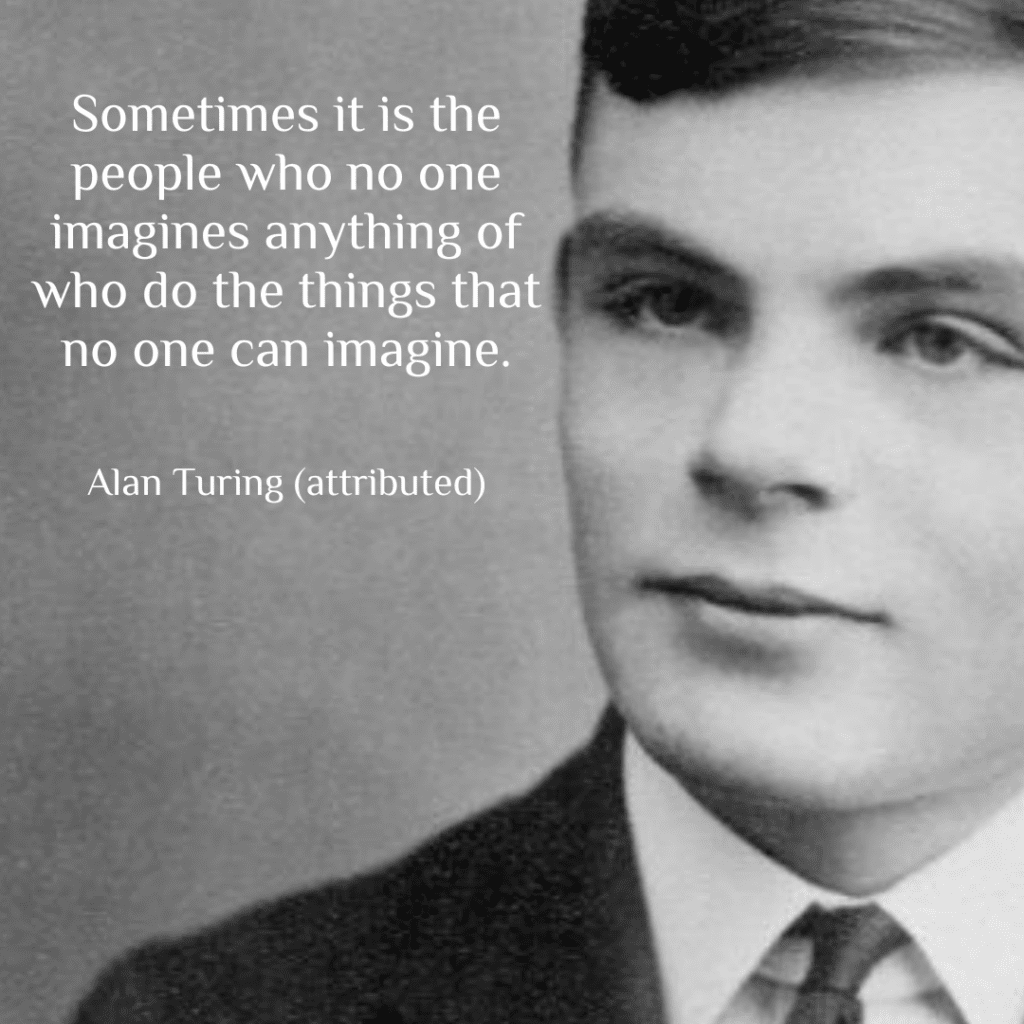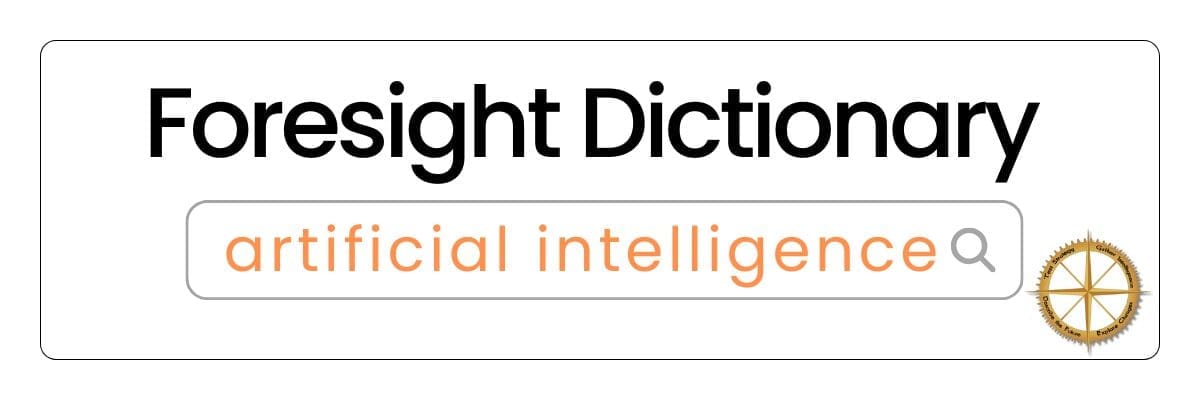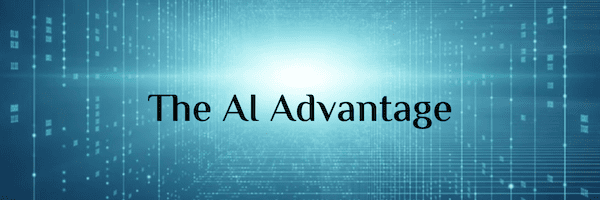
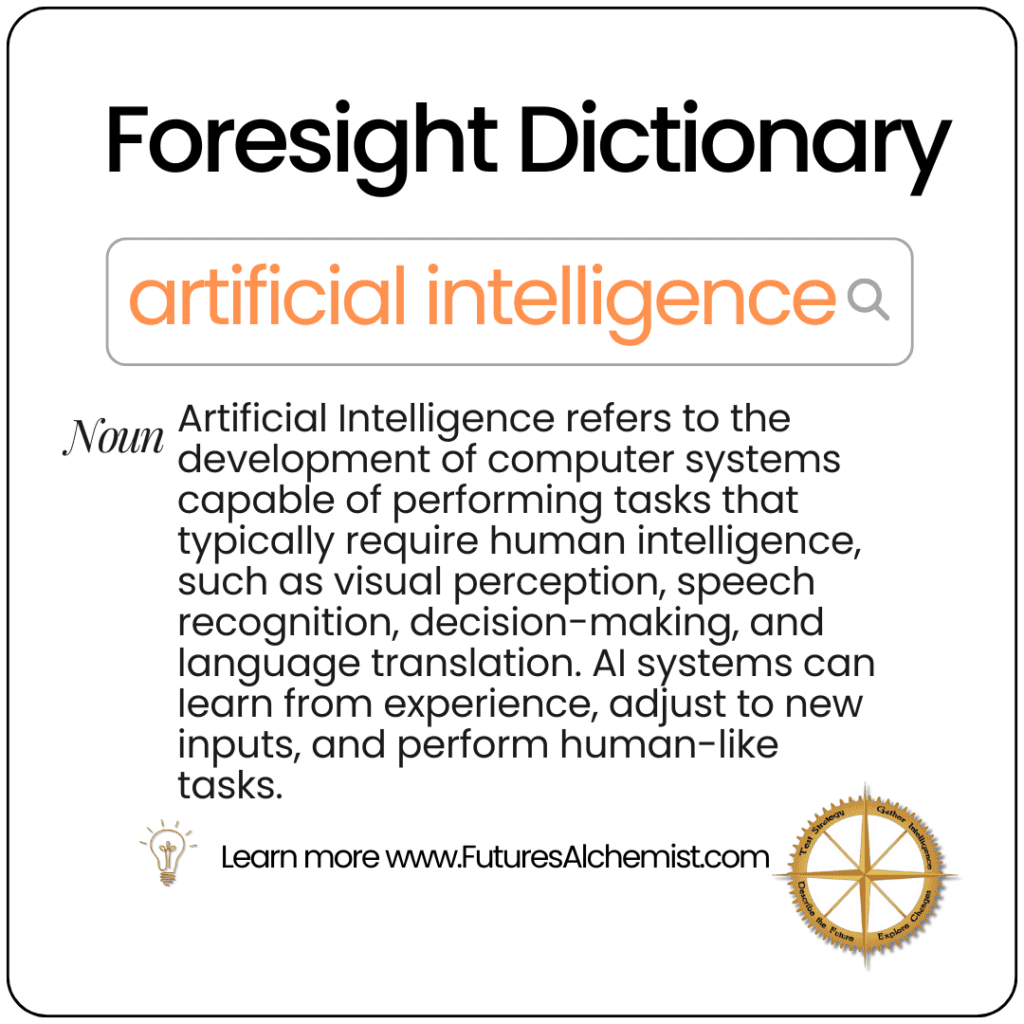
Definition
Artificial Intelligence refers to the development of computer systems capable of performing tasks that typically require human intelligence, such as visual perception, speech recognition, decision-making, and language translation. AI systems can learn from experience, adjust to new inputs, and perform human-like tasks.
Example
IBM Watson
A real-world example of AI in action is IBM’s Watson, which famously competed on the quiz show Jeopardy! in 2011. Watson demonstrated its ability to understand natural language questions, access a vast knowledge base, and provide accurate answers faster than human champions.
Ask yourself
- How might AI impact my industry or profession in the next 5-10 years? Or 6 to 12 months!
- What ethical considerations should we address as AI becomes more prevalent?
- How can we ensure AI systems are transparent and accountable?
- What skills should I develop to remain relevant in an AI-driven world?
We have a workshop!
A 3 hour workshop to introduce and demonstrate various AI tools to help with marketing, sales, website, research, content, and more. Click to visit the event page
Tools
- Trend Analysis: Identify and track key trends in AI development and adoption.
- Delphi Method: Gather expert opinions on the future of AI through structured communication.
- Futures Wheel: Map out the potential consequences and implications of AI advancements.
- PESTLE Analysis: Examine the Political, Economic, Social, Technological, Legal, and Environmental factors influencing AI development.
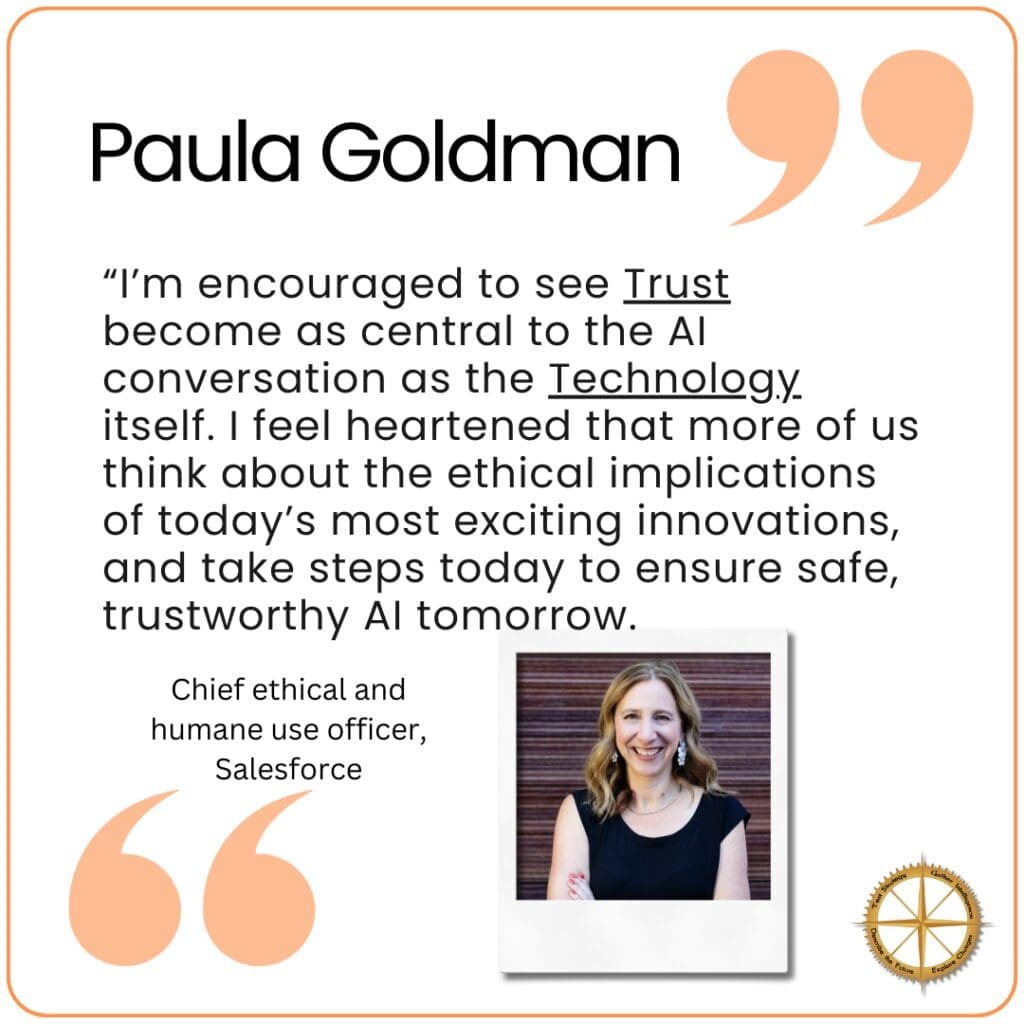

Alan Turing
The term “Artificial Intelligence” was coined in 1956 at the Dartmouth Conference, but one of the most intriguing early AI experiments happened a few years earlier. In 1950, Alan Turing proposed the “Turing Test” as a way to determine if a machine could exhibit intelligent behavior.
Shortly after, in 1966, Joseph Weizenbaum at MIT created ELIZA, one of the first chatbots. ELIZA simulated a psychotherapist, using pattern matching and simple rules to engage in dialogue. Weizenbaum was shocked to discover that many people attributed human-like feelings to the program, even when they knew it was a computer. His secretary reportedly asked him to leave the room so she could talk to ELIZA in private.
This early experiment highlighted both the potential of AI to mimic human interaction and the tendency of humans to anthropomorphize technology. It sparked discussions about the nature of intelligence and the ethical implications of AI that continue to this day.
